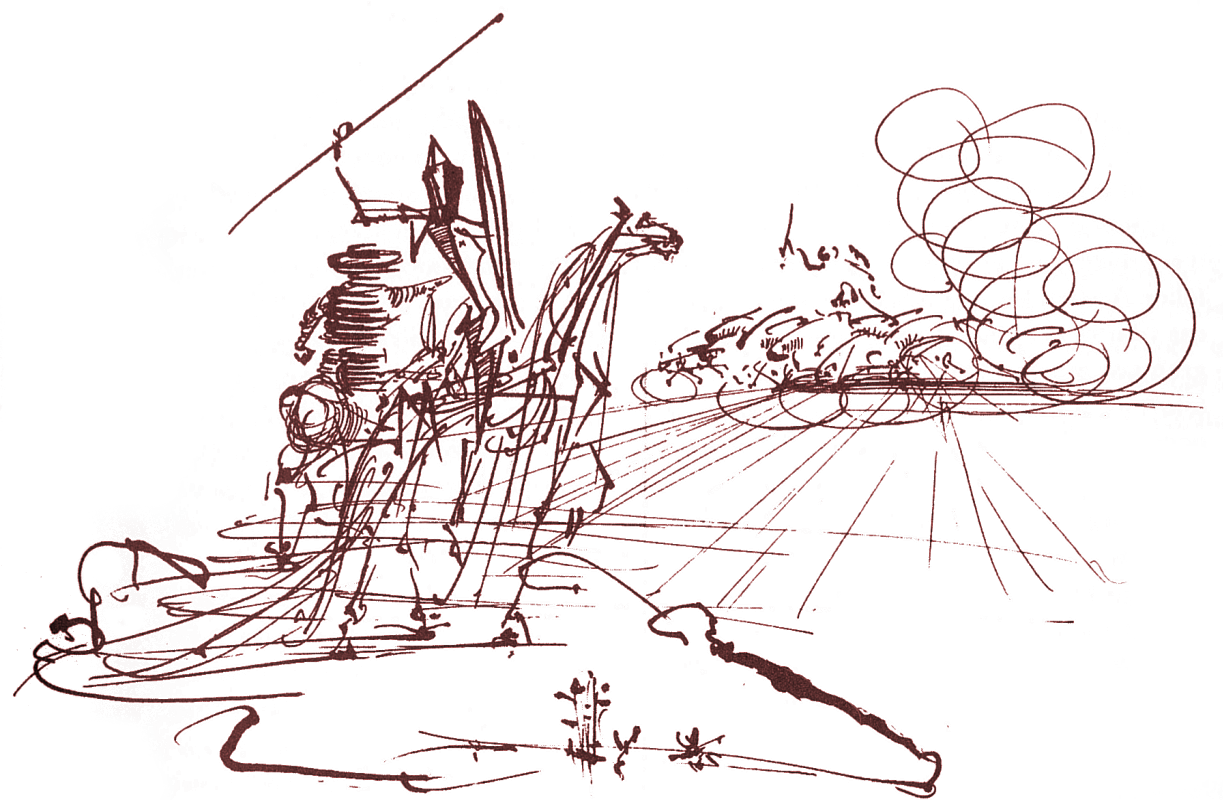Does fiction, in fact, have anything whatever to do with truth? Is it possible that this complicated instrument, fiction, studies nothing but itself—its own processes?
A common answer at the present time is that that is the question the serious writer spends his whole life trying to work out by means of the only kind of thinking he trusts; that is, the fictional process. For the moment, we must let that answer stand—with only this reservation: Great fiction can make us laugh or cry, in much the way that life can, and it gives us at least the powerful illusion that when we do so we’re doing pretty much the same things we do when we laugh at Uncle Herman’s jokes, or cry at funerals. Somehow the endlessly recombining elements that make up works of fiction have their roots hooked, it seems, into the universe, or at least into the hearts of human beings. Somehow the fictional dream persuades us that it’s a clear, sharp, edited version of the dream all around us. Whatever our doubts, we pick up books at train stations, or withdraw into our studies and write them; and the world—or so we imagine—comes alive.


I love the circularity of this answer. Because it's really how I've come to relate to the question of whether or not fiction can bear truth.
I sometimes trust parable and narrative over the recountings of historical data because I am suspicious that underneath the telling of all historical fact there is a narrative that the author is working out.
And it seems to me that fiction can be more true than this, that it can leave behind the framework of subjectively experienced facts and tell the author's truth directly, without subterfuge.
But the truth of fiction is not in this explanation, it is in my turning again and again to parable and narrative to understand the world that seems to be obscured by the billions of points of light that represents the subjective experience of each person.
And this, my friends, is why I love the parables of Jesus.